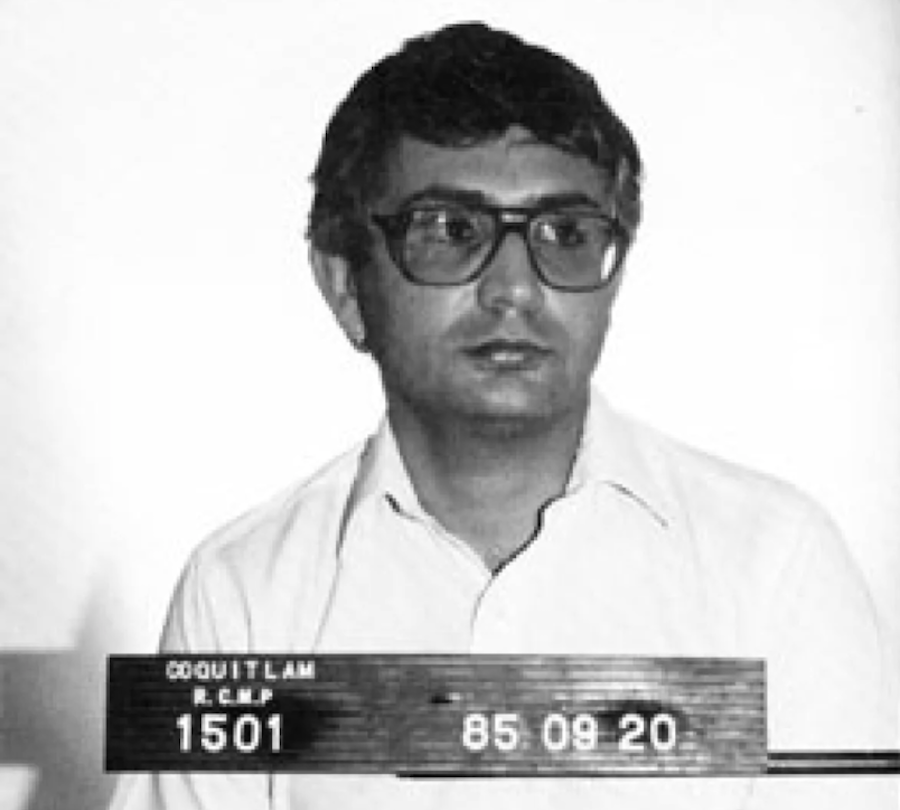For the second time in three years, the Parole Board of Canada has rejected the application of a former Lower Mainland doctor who used a hitman to murder a female patient in 1994.
Josephakis Charalambous received a life sentence 29 years ago for the first-degree murder of Sian Simmonds, after David Schlender, a hitman Charalambous hired, entered the woman’s home, shot her twice, and beat her with the pistol.
Charalambous hired the hitman after Simmonds lodged a regulatory complaint against him, for questionable sexual behaviour, including sexual assault, according to the parole board’s case overview.
Key to the denial of both part- and full-time parole for Charalambous was a psychological risk assessment determining he poses a “moderate risk for future violence.”
Although Charalambous, 71, has displayed “acceptable behaviour overall” as a medium security inmate, he also displayed a sense of entitlement in the belief he deserves parole, the ruling states.
“Your sense of entitlement, arrogance and ego that remain relevant factors in your case,” the decision stated.
According to the parole board, while Charalambous’ good behaviour in prison was a mitigating factor, “the most likely target of [your] potential future violence — vulnerable girls or women — are absent in a correctional environment.”
Charalambous also faced an allegation he sexually molested a 14-year-old karate student in 1974.
And in 1978, Charalambous was convicted of common assault, according to the board.
Charalambous was also charged with sexually assaulting a house guest in 1985 when she refused his advances; however, the charges were eventually stayed.
The decision noted Charalambous — who once shared a home with a 15-year-old patient who he later married — continues to deny having been sexually involved with any of his patients.
“The board finds you continue to lack the internalization of the skills necessary to manage this risk,” the board stated.
In its decision, the board noted corrections officers have recommended Charalambous first apply for escorted temporary absences (an ETA), in order to “demonstrate the ability to use your skills and tools during ETAs and at a minimum security site.”
However, “you have not applied due to your opinion you are ready for day-parole release,” the board stated.
In 2020, Charalambous was denied parole. That decision stated he was combative with other inmates, often dominated phone and television privileges and was a part of the “institutional subculture.” While the board noted his behaviour had improved in recent years, incidents involving tobacco sales, fights as well as possession of contraband and unauthorized items were included in his file.
Charalambous has three adult children now, who are estranged from him. He is said to be in a “pro-social” relationship with his siblings, however.
Former journalist John Griffiths, who authored Fatal Prescription: A Doctor without Remorse about the murder, has said the case drew international headlines in the 1990s and was featured on Inside Edition.
With files from Tri-City News



